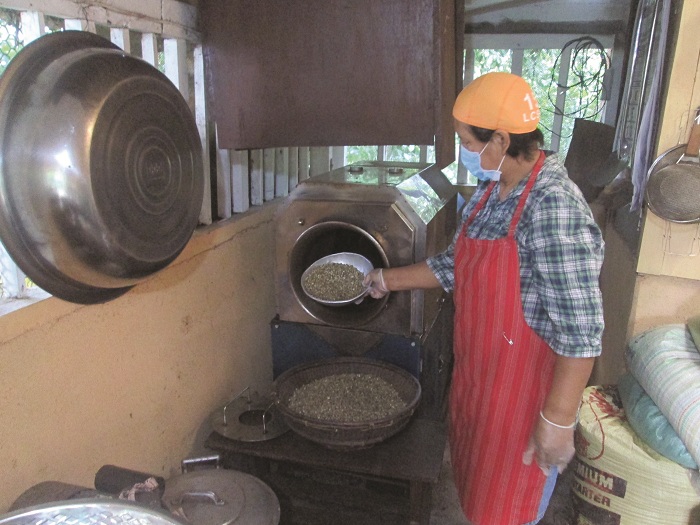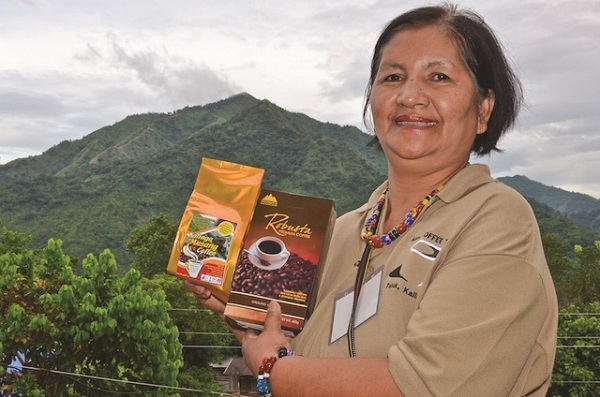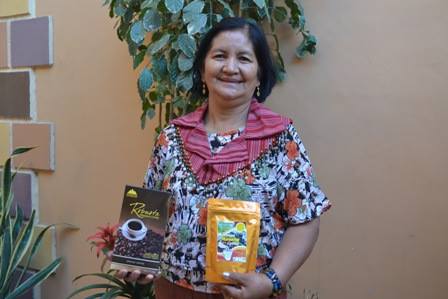Near Mount Magallaya in the heart of the Cordilleras are forests where Kalinga warriors once hunted for wild boar and deer. Today, coffee farmers now search the forest floor for droppings of the civet cat, also called alamid or musang. The cats, who thrive in this environment, will eat the choicest coffee berries growing in the wild. As they digest the cherries, their gastric enzymes act on the coffee beans triggering a chemical reaction that results in coffee of great complexity and body—this is why civet coffee is one of the most expensive coffees in the world.
Coffee is central to life in the Cordilleras where all four coffee varieties to thrive. Every Kalinga household serves its own strong brew, from that are ground, roasted and brewed using traditional techniques. Coffee used to be an important source of income, too, but by the 1990s it was being rapidly replaced by corn and other commercial crops. By 2004, Zita Balzinaw Degay observed that coffee farming was not for the “faint of heart.”

Zita Degay’s success has also raised the status of women, as coffee production is very much a traditional enterprise of the women in the community where even the tattooed elderly women dry, sort, and roast the beans.
Zita lived in the city of Tabuk, which sits at the foot of Mount Magallaya. As a child, she used to pick civet coffee from the forest; as an adult, she observed the waning coffee industry. She ran a sari-sari store in Tabuk where farmers would trade their coffee beans for such basic necessities as sugar, salt, and sardines. The beans, a hodge podge of coffee varieties sold by the can, would be bought by Nestlé Philippines and made into instant coffee.
In 2009, while attending the SM Baguio Trade Expo, Zita learned about the premium placed on civet coffee, and immediately saw the possibilities. With capital of only P5,000 from her personal funds, she decided to go into business. With the help of the Rural Micro Enterprise Promotion Program, she launched her brand, Magallaya Mountain Specialty Coffee, in 2010.

Seven years after she launched her brand in 2010, Zita Degay is an icon of a successful coffee entrepreneur. She has joined with 41 other farmers to form the Gawidan Farmers Association. She now has three brands aside from Magallaya Specialty Coffee. Soon she will open a half-million-peso coffee processing center in Tabuk.
Her success has created livelihood and given new hope to her community. It has also raised the status of women—coffee production is very much a traditional enterprise of the women int he community where even the tattooed elderly women dry, sort and even roast the beans. Zita’s success has assuaged a deep-seated fear that with a dying coffee industry, the Kalinga would lose an essential part of their identity. Says Zita: “It was never just about reviving the coffee industry, or even becoming a big producer of coffee. For us, it was also our way of reviving our culture.” In each cup you drink of Magallaya Mountain coffee lies the future of an entire people.
